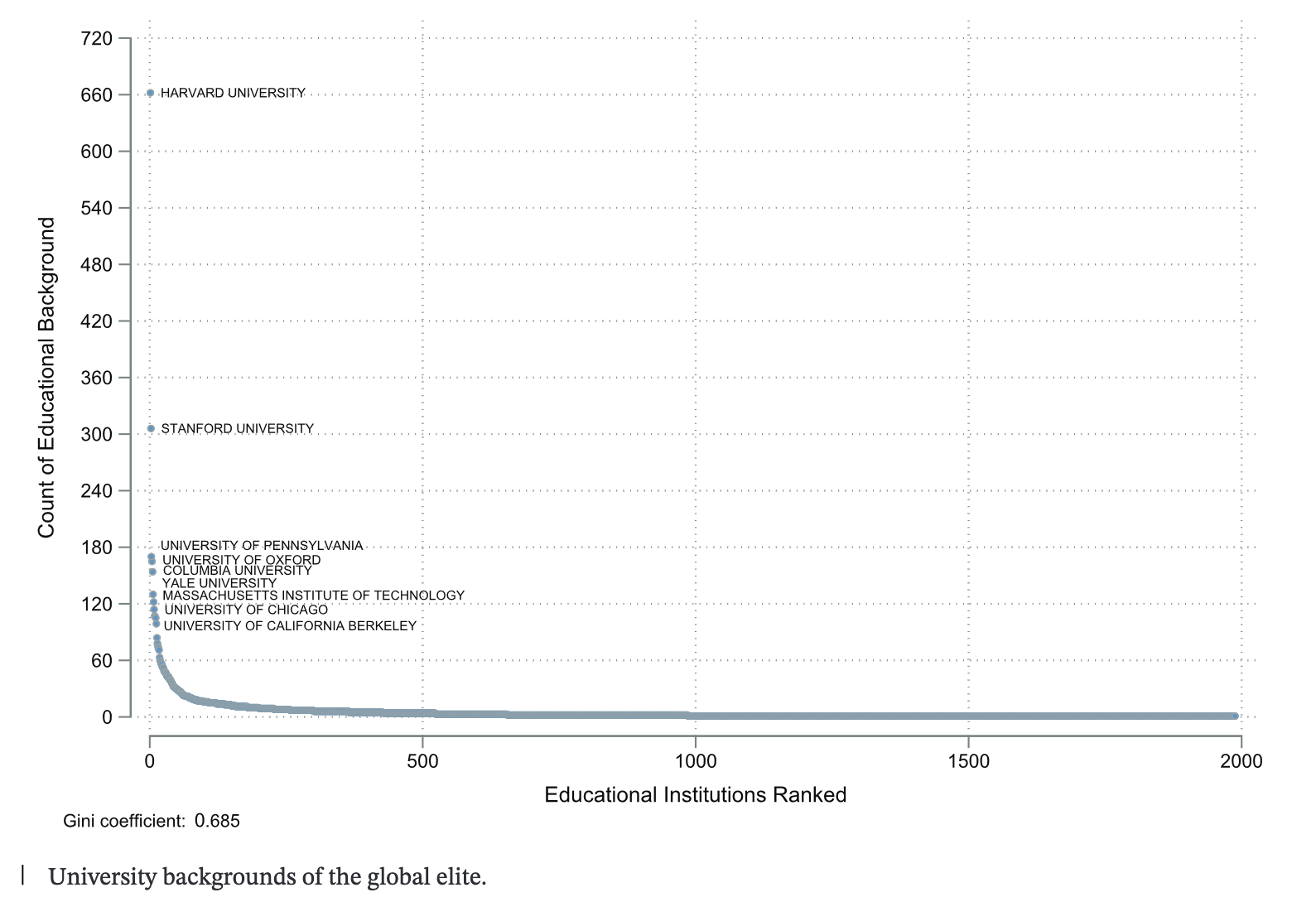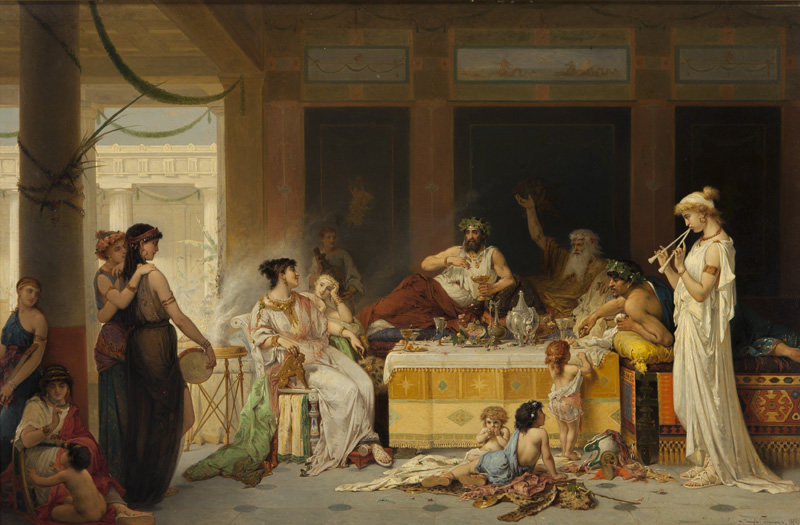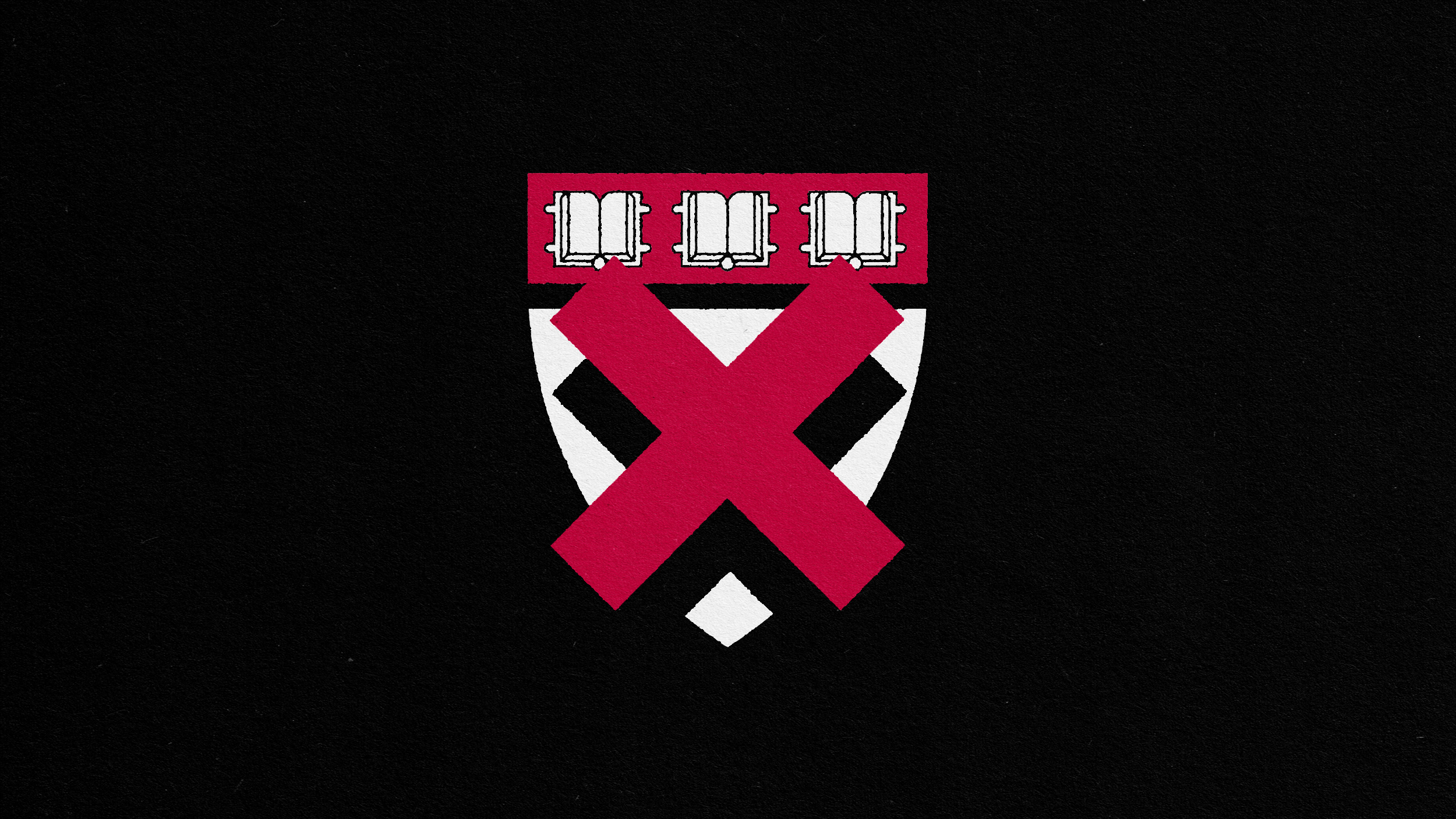A surprising share of the global elite went to Harvard

- A select few academic institutions graduate the most powerful and influential people, according to a new survey of more than 6,000 billionaires, political leaders, company directors, and organization heads.
- Almost one in ten of the global elite strolled through Harvard Yard on their journey to power.
- The findings “support the notion that global elites are a social grouping with significant concentration of academic prestige in their backgrounds,” the authors write.
A duo of economists recently surveyed where 6,141 members of the world’s global elite went to college. The results show that a select few academic institutions graduate the most powerful and influential people.
Ricardo J. Salas Diaz is a lecturer at Dartmouth and Kevin Young is an associate professor at the University of Massachusetts-Amherst. Together, they made a list of the world’s billionaires, national political leaders, directors of the 150 largest companies, heads of international organizations, and directors of major think tanks, foundations, and non-governmental organizations. They then pored through these individuals’ biographies with a simple question: Where did they receive their college educations?
Salas Diaz and Young found that the global elite tended to attend institutions within their home countries. For example, 92% of American elites went to college in the U.S., while 85% of French elites were educated in France, etc. When young elites ventured beyond their national borders, they most often pursued degrees in the United Kingdom or the United States. Most strikingly, the global elite attended a relatively small number of prestigious institutions. Nearly one in five went to an Ivy League school in the United States. Specific leading institutions included UC Berkeley, the University of Chicago, Massachusetts Institute of Technology, Yale, Columbia, Oxford, the University of Pennsylvania, and Stanford.
They went to Harvard
But these places of learning were small fries compared to Harvard University. Almost one in ten of the global elite strolled through Harvard Yard on their journey to power. Among elites in America, 16% earned their degrees there. Forty-one Harvard grads were CEOs of Fortune 500 companies in 2022. Eight of the 45 American presidents went there. Harvard’s lofty position is apparent on the chart below, showcasing the number of degrees conferred amongst the elite.

This overt imbalance evinces aristocracy over meritocracy. As the study’s authors noted, elite schooling serves as a simple selection device for employers, businesses, and other elites. Prestigious institutions flout their recognition and showcase their famous alumni. Attendance confers an aura of success — that one is worthy of acceptance into an exclusive club
The status quo serves both the academic institutions and the people who attend them. Members of the global elite want their progeny to attend a Harvard, Penn, or MIT, knowing full well the status they provide and the doors they open. It’s why some wealthy parents have resorted to illegal schemes to secure acceptance for their children. Concurrently, administrators at prestigious universities seek to grow their list of prized, influential alumni. And they know that the sons and daughters of elites are disproportionately likely to grow up to be elites themselves. A recent study showed that applicants from families in the top 1% of income are 55% more likely to be admitted to elite universities than applicants from the working class, even if they have the same test scores.
The findings “support the notion that global elites are a social grouping with significant concentration of academic prestige in their backgrounds,” the authors write.
No doubt many administrators, educators, and students at elite institutions such as Harvard like to think that merit dictates outcomes inside their esteemed halls. The reality, as hinted at in the present analysis, is that elite academic institutions lend legitimacy to the idea of modern “royals.” Much of the world’s population now recognizes that gods don’t imbue leaders with divine rights. Today’s global elite aren’t chosen by God; they are anointed at Harvard.





